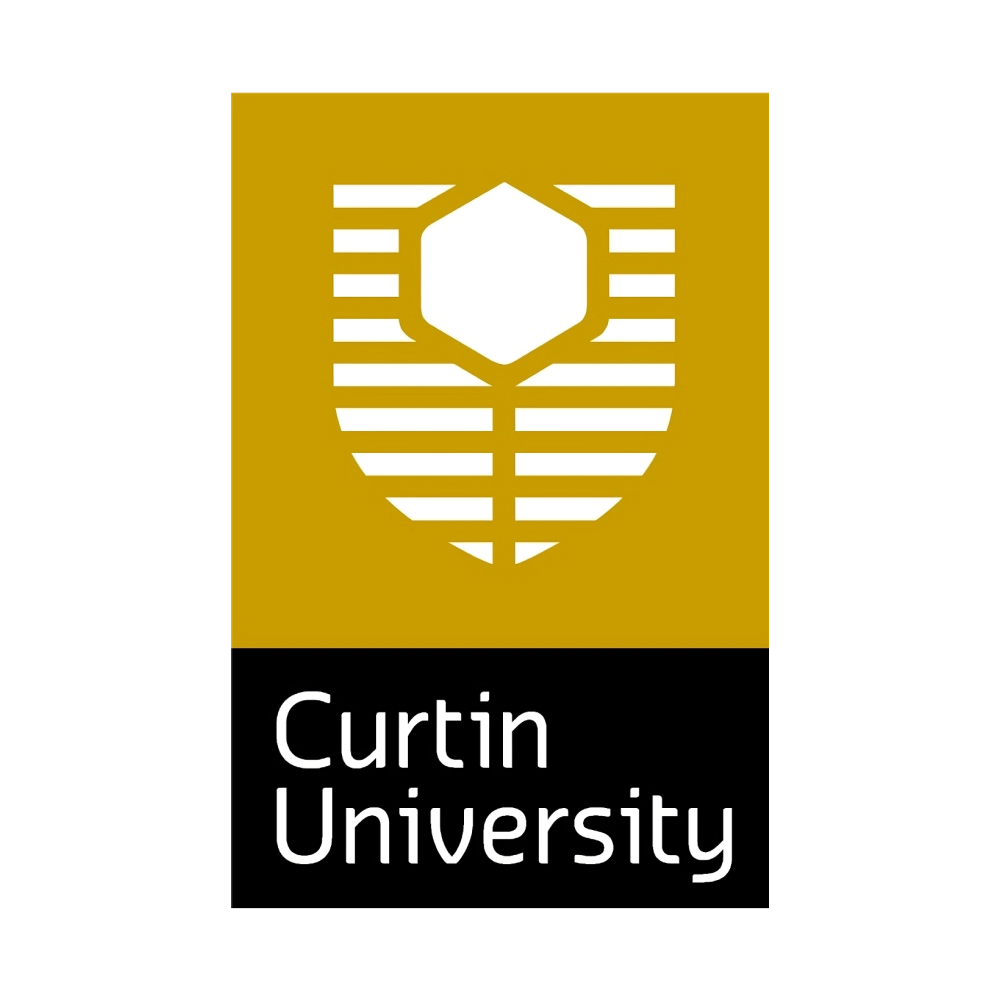Curtin University
Graduate Diploma of Occupational Health and Safety
- Delivery: Online
- Study Level: Postgraduate
- Duration: 12 months
- Course Type: Graduate Diploma
Enhance your theoretical knowledge and skills in occupational health and safety while discovering innovative solutions to problems in this online program.

Course overview
This course emphasises practical and theoretical OHS skills with a potent mix of science and management. You will study core discipline areas including risk management, accident prevention, ergonomics, occupational hygiene, health and safety economics and compensation and injury management. Exiting this course with a Graduate Certificate in Occupational Health and Safety is possible once you have completed specific units. Please note: This course is unavailable to international students studying in Australia. International students can only take this course externally (online) in their country of origin.
Key facts
What you will study
To complete the Graduate Diploma of Occupational Health and Safety, you must complete 200 credit points.
Core units
- Occupational Hygiene and Chemical Safety
- Accident Prevention and Safety Management
- Risk Management and Safety Technology
- Health and Safety Economics and Management
- Ergonomics
- Compensation and Injury Management
- Epidemiology and Evidence
- Occupational Diseases
Entry requirements
A bachelor's degree, preferably with a health, science or management related background, from a recognised tertiary institution.
English language requirements
Curtin requires all applicants to demonstrate proficiency in English. Specific English requirements for this course are outlined below.
- IELTS - Writing 6.0
- Speaking 6.0
- Reading 6.0
- Listening 6.0
- Overall bans score 6.5.
You may demonstrate English proficiency using other tests. Please contact the university for full details.
Recognition of Prior Learning
You may be able to get credit for your course based on prior formal, non-formal or informal learning. To apply, you will need to provide supporting documentation outlined by the university. Contact the university for more information.
Outcomes
Learning outcomes
- Apply and integrate the knowledge, principles and practical skills of occupational health and safety to prevent injury and occupational disease in the workplace environment.
- Apply logical and rational processes to critically analyse issues relevant to OHS and think creatively when solving problems.
- Develop information literacy skills by accessing, evaluating and synthesising relevant information and evidence from a range of resources available in the field of OHS and using appropriate information and communication technology practices.
- Communicate effectively and function as part of a team and in collaboration with a range of people, including community groups, workers, employers, statutory authorities, their representatives and other professionals.
- Use scientific and technological methods with an understanding of their advantages and limitations.
- Facilitate, educate and promote health and safety in the workplace concerning individuals, families, the community and the environment.
- Recognise the global nature of OHS issues and be familiar with appropriate international standards.
- Demonstrate an understanding of how culture can influence OHS issues.
- Develop appropriate skills and knowledge to provide leadership for improving OHS in the workplace.
Fees and FEE-HELP
Indicative 2026 first-year fee: $27,864 (domestic full-fee paying place).
Based on a first-year full-time study load of 200 credits. The total cost will depend on your course options (i.e. units selected and time taken to complete).
A student’s annual fee may vary in accordance with:
- The number of units studied per term.
- The choice of major or specialisation.
- Choice of units.
- Credit from previous study or work experience.
- Eligibility for government-funded loans.
Student fees shown are subject to change. Contact the university directly to confirm.
FEE-HELP loans are available to assist eligible full-fee paying domestic students with the cost of a university course.








